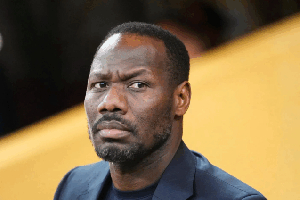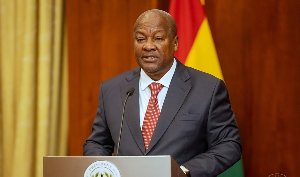Mr Nicholas Issaka Gbana, the Programme Manager of Oil Palm, Solidaridad West Africa, said Ghana needs financing policy for the oil palm industry to reap its full potentials to bolster economic growth and transformation.
Ghana is seen as a country with all it takes to grow the oil palm plantation sector and the ability to reduce vegetable oil importation, which could reposition it to become a leading exporter of oil palm like Malaysia and Indonesia.
He, therefore, commended Government’s policy initiatives such as the Planting for Export and Rural Development, which covers cash crops like oil palm, saying: “It is a step in the right direction.”
Mr Gbana was speaking at the opening of a five-day training workshop for facilitators in technical up-skilling for Agricultural Technical and Vocational Education Training (ATVET) in oil palm value chain at Fumesua in the Ejisu Municipality of the Ashanti Region.
Participants came from the University College of Agriculture and Environmental Sciences, Bunso in the Eastern Region, Asuansi Technical Institute, Kumasi Institute for Tropical Agriculture, the Father Dogli Memorial Vocational Institute and Kpando Technical Institute.
Tutors from these institutions would be taken through concepts on oil palm agronomy, agribusiness and sustainability and practical farmer field school sessions at the Juaben Oil Palm Plantation.
The training formed part of activities under phase two of the Sustainable West Africa Oil Palm Programme to support institutions that would provide technical training to industry players.
Solidaridad, in partnership with the Ghana Skills Development Initiative (GSDI), with funding from the Swiss State Secretariat for Economic Affairs, would hold the training for five institutions accredited by COTVET to run the ATVET programme in oil palm.
Mr Gbana said the two-year programme, spanning 2019 to 2021, is being implemented in Ghana, Liberia, Sierra Leone and Cote d’Ivoire.
About 19,000 beneficiaries in Ghana including 16,000 farmers, 2,000 women processors and 1,000 youth are expected to be reached by the end of the programme.
Business News of Friday, 10 January 2020
Source: ghananewsagency.org













